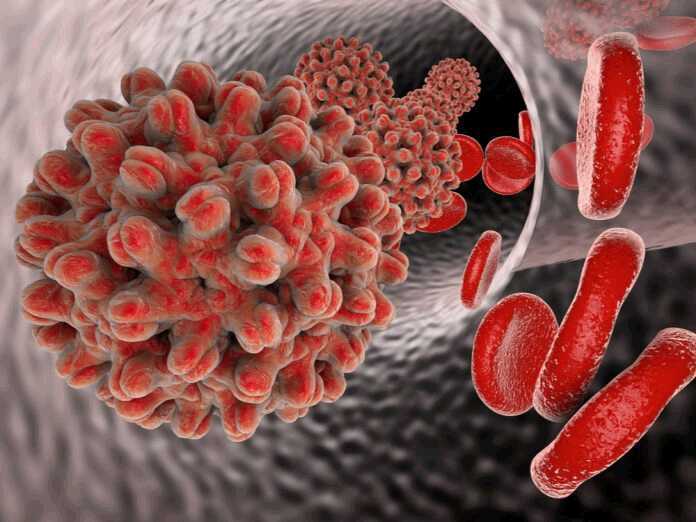
A liver infection caused by the hepatitis B virus (HBV), is a disease that can cause a lot of damage to the liver over a long period and even cause liver cancer. The condition currently affects around two million people in the U.S. and is responsible for more than 750.000 deaths worldwide every year. To better understand and treat his infection, scientists are constantly learning more about it and finding new methods.
A recent research on hepatitis B shows promising results.
Acute Vs. Chronic Hepatitis
There are two types of hepatitis B infections – acute (short-lived) and chronic (long lasting). Acute hepatitis usually lasts for less than six months and our immune system fights the infection off. On the other hand, chronic hepatitis lasts much longer and happens when the body isn’t able to defend itself against the infection.
If you get hepatitis B as an adult, chances of it becoming chronic are slim. The younger you are, the greater your chances of developing a chronic infection. This is why newborns and children younger than five years are at a high risk.
Recent Research
Although there is a vaccine, we still don’t have a cure for this infection. However, recent research on hepatitis B discovered a new viral drug that could help treat it. A study by the Indiana University found that this drug could work in two ways – both to kill new copies of the HBV and prevent its replication.
Members of this antiviral drug’s class are now in clinical trials.
Conclusion
While we’re still far away from a cure for this infection, the latest research on hepatitis B seems promising. Now we should wait for the results of clinical trials to see if this new medication can prove useful.





























